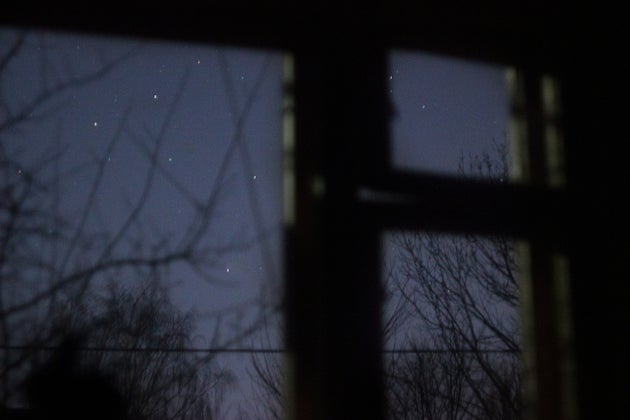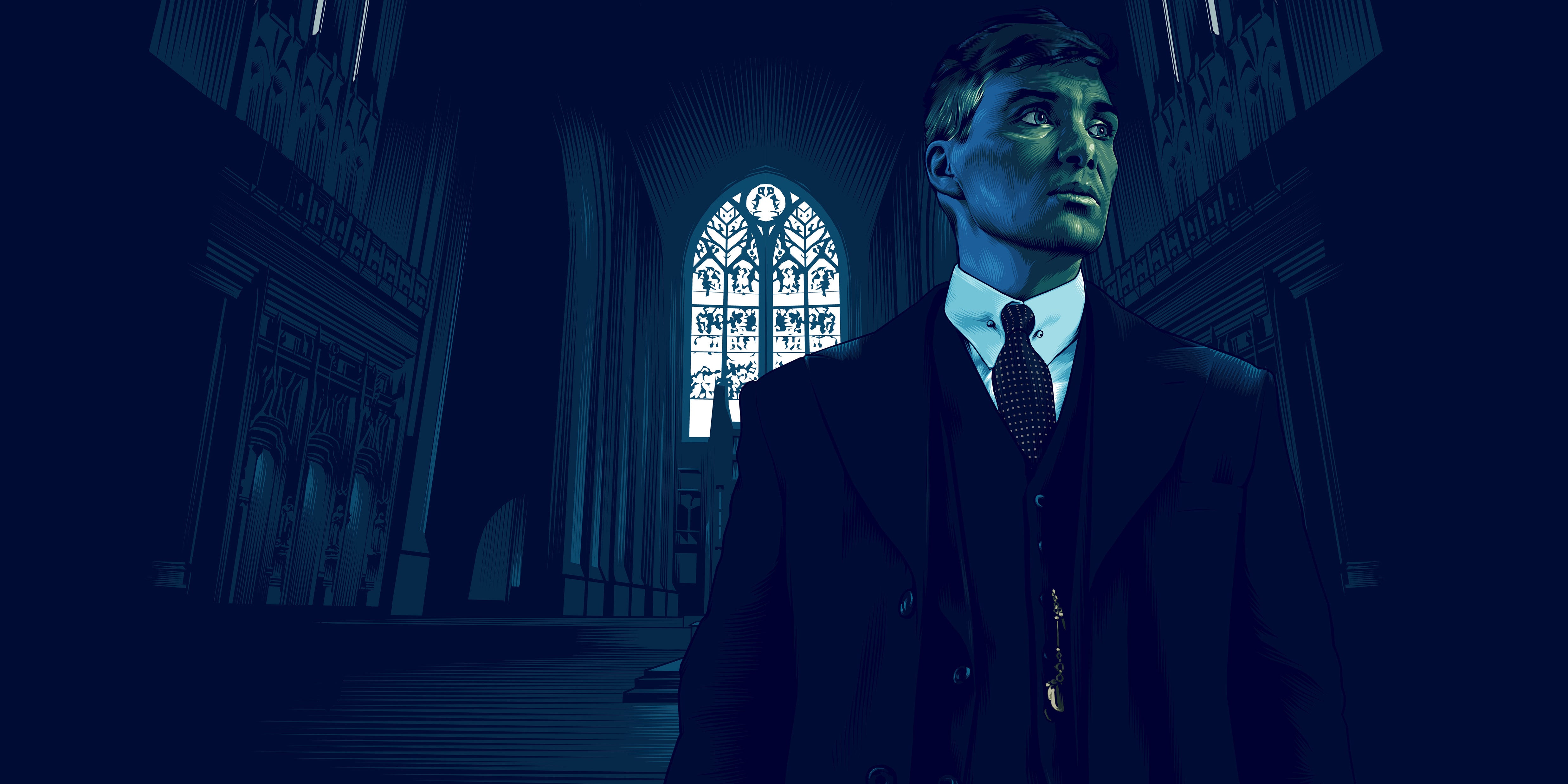'Sleep Staggering' Could Prevent 3AM Wake-Ups This Winter

<div><img src="https://img.huffingtonpost.com/asset/68de53b2180000084d5d0e44.jpg?ops=scalefit_630_noupscale" alt="Early morning sky" data-caption="Early morning sky" data-credit-link-back="" data-credit="Ihor Malytskyi via Unsplash" />Early morning sky</div><div class="content-list-component text"><p>As if autumn <a href="https://www.huffingtonpost.co.uk/entry/gut-health-fatigue-atutumn-winter_uk_68cbf3a4e4b09addd91e628f">wasn’t exhausting enough</a> already, it seems more tiring times lie ahead. </p><p>When the clocks go back, which is set to happen on <a href="https://www.gov.uk/when-do-the-clocks-change" target="_blank" rel="noopener noreferrer">26 October</a>, your Circadian rhythm (sleep-wake cycle) <a href="https://www.health.harvard.edu/blog/daylight-saving-time-fall-back-doesnt-equal-sleep-gain-201311012514" target="_blank" rel="noopener noreferrer">can get knocked off</a>. This means that most people don’t actually “gain” an hour of sleep after the change, <a href="https://www.health.harvard.edu/blog/daylight-saving-time-fall-back-doesnt-equal-sleep-gain-201311012514" target="_blank" rel="noopener noreferrer">Harvard Health explained</a>.</p><p>In this period, “many people wake up earlier, have more trouble falling asleep, and are more likely to wake up during the night,” they shared. </p><p>“People who tend to be so-called short sleepers, logging under 7.5 hours a night, and early risers (also known as larks), have the most trouble adjusting to the new schedule.” </p><p>This is why sleep expert Alison Jones from <a href="https://www.sealy.co.uk/" target="_blank" rel="noopener noreferrer">Sealy UK</a> recommends we start “sleep stagger
Read original
Huffington Post






